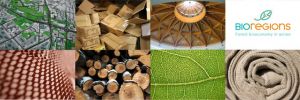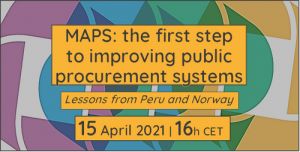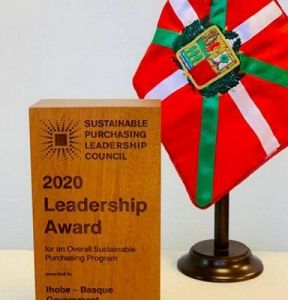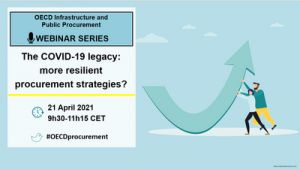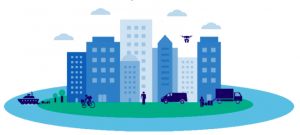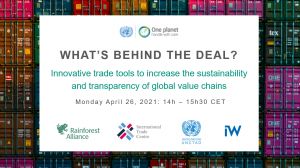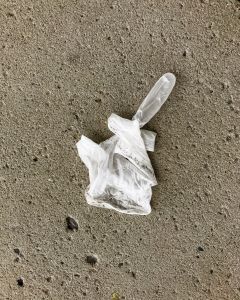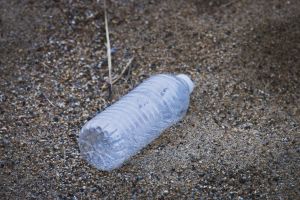The Bioregions Facility has recently launched a survey to identify barriers, opportunities and successful examples on bio-based procurement across Europe. Results of the survey will be presented and discussed with key actors working towards the green transition of public procurement. Join to learn about concrete examples and successful initiatives, discuss ways forward and solutions to overcome existing barriers and take away recommendations for further actions towards bio-based solutions in public procurement to support a circular bioeconomy.
After a formal opening by representatives of the Bioregions Facility (EFI and the Basque Country), the webinar will be structured as a roundtable discussion with key experts. Please find the full programme of the webinar here.
Panelist will react to and discuss the findings of the Bioregions survey on “Green Public Procurement, Opportunities for Bio-based Solutions". The panelists are:
- Lidia Capparelli, Responsible for Green Public Procurement at Consip (the central purchasing body of Italy) since 2007. Member of the PAN GPP Management Committee. Member of the European Advisory Group on GPP. Project manager of several European projects on GPP.
- Martin Scherpenisse, Senior policy specialist for purchasing & tendering - Province Zeeland, Netherlands.
- Oriana Romano, Head of Unit, Water Governance and Circular Economy, Cities, Urban Policies, and Sustainable Development Division, Centre for Entrepreneurship, SMEs, Regions and Cities.
This event is organised by the Bioregions Facility in cooperation with the Basque Country, North Karelia and North Rhine Westphalia.
For further information and to register to the webinar, use this link.




